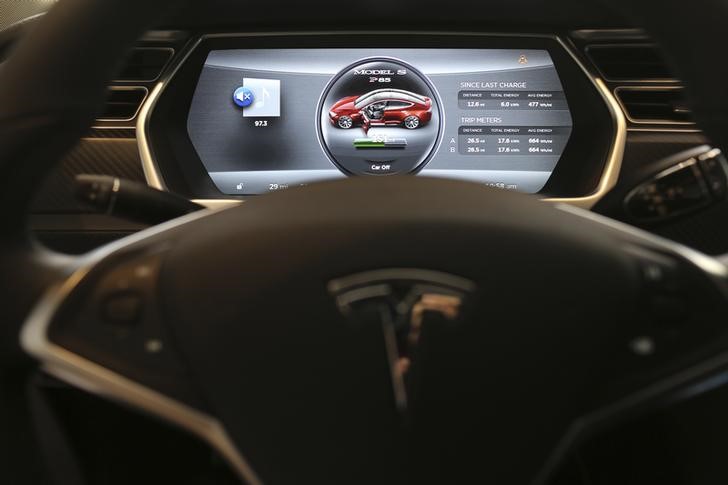By Michael Elkins
Strong PHEV sales in Europe lead to a historic EV sales peak in November. Bank of America analysts believe that the boom in Europe might be driven by the upcoming subsidy phase-out in Germany by year-end 2022. Only vehicles delivered in 2022 are eligible for this subsidy.
The global EV penetration rate also hit a new record high in November at 15.1%, driven by 23% penetration rate in China and 18% in Europe. The analysts wrote in a note, "All in all, we think global EV sales are pulled forward by year-end subsidy changes. In Germany/Europe and China, many subsidies are reduced or eliminated as of Jan 23, whereas they are increased in the US."
Tesla (NASDAQ:TSLA) saw an increase in market share to 19.6% as global sales recovered in November relative to October. Sales improved MoM in Europe and China, but the analysts believe higher EV subsidies in 2023 may have led to a decline in US sales. On Jan. 02, Tesla announced 4Q22 deliveries of 405,278 vehicles, which came in below consensus estimates of ~418k vehicles, but above 3Q22 deliveries of 343,830. Tesla also announced production cuts for January 23 while additional price cuts occurred in China as demand waned.
Volkswagen (ETR:VOWG_p) recorded BEV sales of c62k units, increasing its global market share to 7.8%. Bank of America thinks this is due to better parts supply. VW is probably also pushing its EV sales in EU in order to meet its CO2 fleet emission target.
BMW (ETR:BMWG_p) is ramping up its EV sales at a faster pace than Mercedes, selling c10k EVs more than MBC in November. Mercedes (ETR:MBGn) targets higher price segments, whereas BMW is more geared towards volumes.
Shares of TSLA are down 1.44% in pre-market trading on Tuesday.
